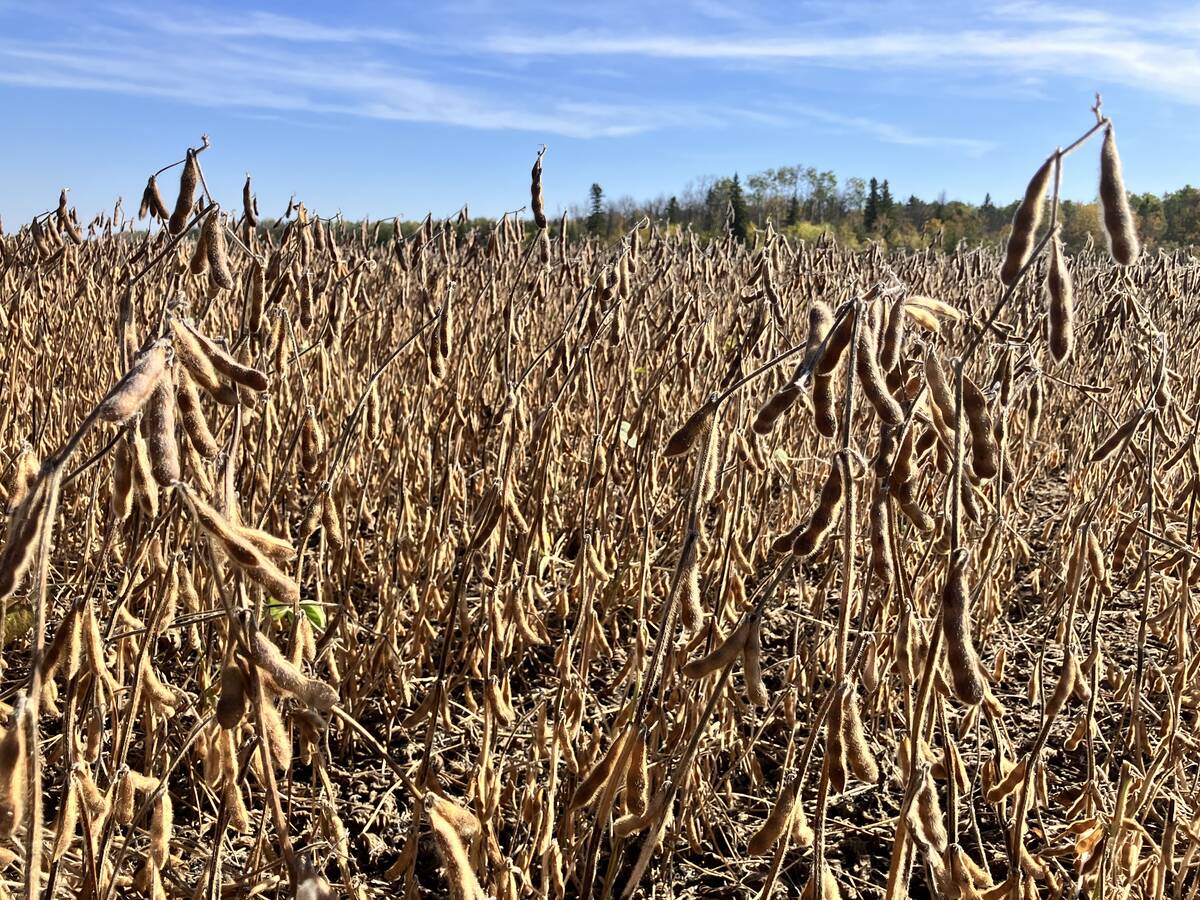A vice-chairman of the Alberta Labour Relations Board has been tasked with settling a new contract between Canadian National Railway (CN) and 1,700 of its engineers.
Edmonton lawyer Andy Sims, a part-time vice-chair with the ALRB and former vice-chair of the Canadian Industrial Relations Board, was named as the dispute’s arbitrator Friday by federal Labour Minister Rona Ambrose.
“I am confident that working with Mr. Sims, the parties can successfully reach a collective agreement and improve their working relationship,” Ambrose, an Edmonton MP, said in a release Friday.
Read Also

IGC February report adjusts world data
There were several revisions made to the International Grains Council monthly supply and demand report issued on Feb. 19, most notably in soybeans.
Ambrose also said she’s “pleased that the parties are working together to ensure that the economic recovery of the country is not in jeopardy.”
As per the Dec. 2 memo of settlement that ended the engineers’ brief labour stoppage, Sims is to decide on “all outstanding issues related to wages and benefits and on any other issues which both parties agree to send to arbitration.”
Decisions made by Sims, who chaired the ALRB from 1985 to 1994, will be final and binding on the parties, the government said.
Sims is to meet with representatives from CN and the engineers’ union, the Teamsters Canada Rail Conference, “as soon as possible.”
From the date of his appointment, Sims has 90 days to report to the minister with a final decision on a new collective agreement.
The unionized engineers went on strike Nov. 28 but reached an agreement with CN Dec. 2, after Ambrose announced plans Nov. 30 to introduce back-to-work legislation.
Their agreement helped the railway steer clear of a shipping slowdown that analysts feared could have led to a backlog of filled grain cars at elevators across Western Canada.














